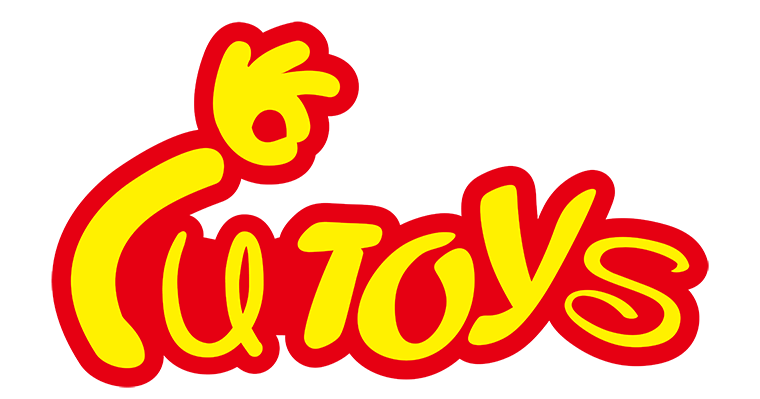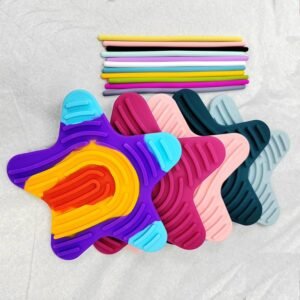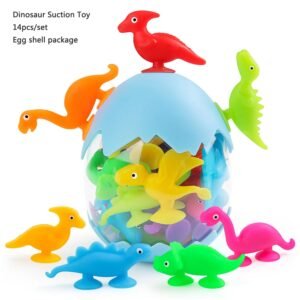Educational Toy Building Blocks & Puzzle for Kids
- Each set has 6 sides of different patterns
- Wood material, durable
- 2 ways of playing, building blocks and puzzle
- A variety of different scenes
- Suitable for children aged 3+
Description
Educational Toy Puzzle: A Fun and Learning Experience
When it comes to children’s development, play is an essential part of the learning process. Educational toys play a crucial role in aiding this development by providing a fun and interactive way for children to learn and grow. One such toy that has stood the test of time is the educational toy puzzle. These puzzles are not only entertaining but also offer a wide range of cognitive and developmental benefits for children of all ages.
Benefits of Educational Toy Puzzles
Educational toy puzzles offer a multitude of benefits that contribute to a child’s overall development. These benefits include:
- Cognitive Development: Puzzles help children develop essential cognitive skills such as problem-solving, spatial awareness, and shape recognition. As they manipulate the puzzle pieces, children learn to think critically and strategize, which are valuable skills for academic and real-life situations.
- Fine Motor Skills: Manipulating puzzle pieces helps children refine their fine motor skills. The precise movements required to pick up, hold, and fit the pieces together strengthen hand-eye coordination and dexterity.
- Patience and Persistence: Completing a puzzle requires patience and persistence. Children learn the value of perseverance as they work through challenges and setbacks to achieve the final picture.
- Emotional Development: Puzzles can also support emotional development by boosting confidence and self-esteem when children successfully complete a puzzle. It also teaches them to manage frustration and disappointment when facing difficulties.
- Social Skills: When children engage in puzzle play with peers or adults, it encourages teamwork, cooperation, and communication. They learn to share ideas, take turns, and collaborate to solve the puzzle, fostering important social skills.
- Educational Foundation: Many educational toy puzzles are designed to introduce and reinforce educational concepts such as letters, numbers, shapes, and animals. This early exposure lays a solid foundation for future learning.
Types of Educational Toy Puzzles
Educational toy puzzles come in various forms, each offering unique learning opportunities for children. Some common types include:
- Jigsaw Puzzles: These classic puzzles consist of interlocking pieces that form a picture when assembled. They are available in a wide range of complexity, making them suitable for different age groups and skill levels.
- Alphabet and Number Puzzles: These puzzles feature individual pieces for letters of the alphabet or numbers, helping children learn and recognize these fundamental building blocks of language and mathematics.
- Shape and Color Puzzles: Designed for younger children, these puzzles focus on identifying and matching shapes and colors, promoting early cognitive development.
- 3D Puzzles: These puzzles add an extra dimension to traditional flat puzzles, allowing children to construct three-dimensional models of buildings, vehicles, and famous landmarks.
- Wooden Puzzles: Often made of high-quality wood, these durable puzzles are tactile and long-lasting, offering a sensory experience for young children.
Regardless of the type, educational toy puzzles are designed to engage and challenge children while supporting their holistic development.
Choosing the Right Educational Toy Puzzle
When selecting an educational toy puzzle for a child, several factors should be considered to ensure an enriching and enjoyable experience:
- Age-Appropriateness: It’s crucial to choose a puzzle that aligns with the child’s age and developmental stage. Puzzles with too many pieces or complex designs may lead to frustration, while those that are too simple may not offer enough stimulation.
- Interest and Theme: Consider the child’s interests and preferences when selecting a puzzle. Whether it’s animals, vehicles, or fantasy themes, choosing a puzzle related to their interests can enhance engagement and motivation.
- Quality and Durability: Opt for puzzles made from high-quality materials that can withstand repeated use. Durable puzzles can be passed down to younger siblings or friends, extending their lifespan and value.
- Educational Value: Look for puzzles that align with educational goals, such as reinforcing specific concepts or skills that the child is learning in school or at home.
- Safety: Ensure that the puzzle meets safety standards and does not contain small parts that pose a choking hazard, especially for younger children.
By considering these factors, parents, educators, and gift-givers can select the most suitable educational toy puzzle for the child’s needs and interests.
Integrating Educational Toy Puzzles into Learning
While educational toy puzzles are enjoyable as standalone activities, they can also be integrated into structured learning experiences to maximize their educational benefits. Here are some ways to incorporate puzzles into learning:
- Language and Literacy: Alphabet puzzles can be used to reinforce letter recognition and phonics, while word puzzles can support vocabulary development and spelling skills.
- Mathematics: Number puzzles help children become familiar with numbers and basic mathematical operations. They can also be used for activities such as counting, sequencing, and simple arithmetic.
- Science and Geography: 3D puzzles of landmarks, maps, or natural formations can introduce children to geography, spatial reasoning, and scientific concepts related to the world around them.
- Problem-Solving Challenges: Create puzzle challenges that require critical thinking and problem-solving skills. Encourage children to work together to solve complex puzzles, fostering teamwork and cooperation.
- Art and Creativity: After completing a puzzle, encourage children to create stories or artwork based on the completed picture, stimulating imagination and creativity.
By integrating educational toy puzzles into various learning activities, children can experience a seamless blend of play and education, enhancing their overall learning journey.
Final Thoughts
Educational toy puzzles offer a wealth of benefits that support children’s cognitive, emotional, and social development. They provide an engaging way for children to learn and grow while having fun. By choosing age-appropriate, high-quality puzzles and integrating them into structured learning experiences, parents and educators can maximize the educational value of these timeless toys. Whether it’s a classic jigsaw puzzle or a 3D model, the joy of completing a puzzle and the skills gained along the way make educational toy puzzles an invaluable addition to any child’s playtime and learning adventures.












